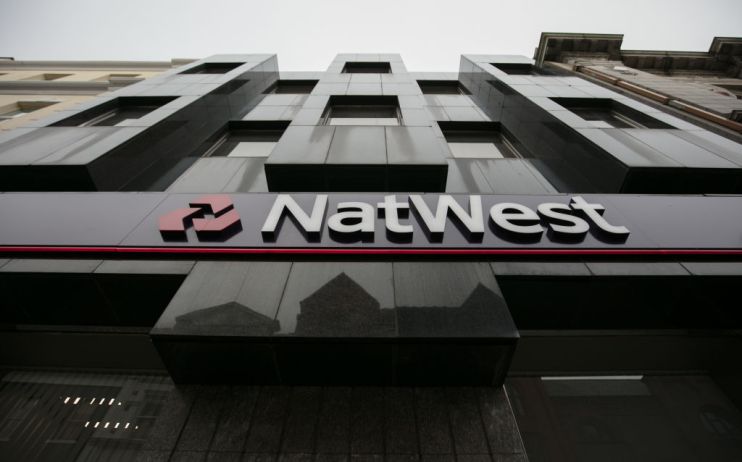NatWest notches up £2.5bn in ‘resilient’ first half, as lending rises

NatWest roped in some 2.5bn in operating profit before tax in the past six months, swinging from a loss of £770m in the first half of 2020.
The British bank’s net lending rose by £2.2bn to £362.7bn in the six months to 30 June, while UK and RBSI retail and commercial businesses pushed lending to rise by £4.1bn, as consumers and businesses alike gear up towards a UK with little pandemic restrictions.
However, NatWest found that income across the UK and Republic of Scotland and Ireland retail and commercial businesses tumbled by £160m, as lockdown restrictions subdued transactional business activity.
Shares opened lower this morning, down 0.6 per cent at 203.6p per share.
Mortgage lending grew by £7.0bn, as a rush to complete house purchases before the end of the stamp duty holiday at the end of June pushed mortgage borrowing to new highs.
“These results have been driven by good operating performances across the Group, underpinned by a robust loan book and a strong capital position,” CEO Alison Rose said.
“While we see the potential for a more rapid recovery, we will continue to take an appropriate and conservative approach as the government schemes wind down and the economy reopens.”
With a rosier outlook, the bank has confirmed an interim dividend of 3p per share and a share buyback of up to £750m.
“We are also increasing our minimum annual distribution to shareholders to £1.0bn for the next three years,” the CEO added.
Rival results
The results follow that of HSBC, Lloyds and Metro – all reporting a similar uplift after a turbulent 18 months.
“The newsflow from NatWest looks like it will get progressively better as the government aims to sell down its stake over the next year or so – notwithstanding the uncertainties of the UK economy emerging from the pandemic.”
But equity analyst at Hargreaves Lansdown, Nicholas Hyett, said thought NatWest’s results lagged behind that of fellow British bank’s Barclays and Lloyds.
“Profits have also leapt back into action, boosted by releases from the bad loan provisions set aside at the beginning of the pandemic – the economic fall-out of the pandemic has been less damaging than anyone had expected a year ago.
“However, compared to rivals Lloyds and Barclays, the underlying trends are a bit weak.”